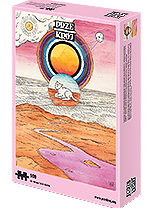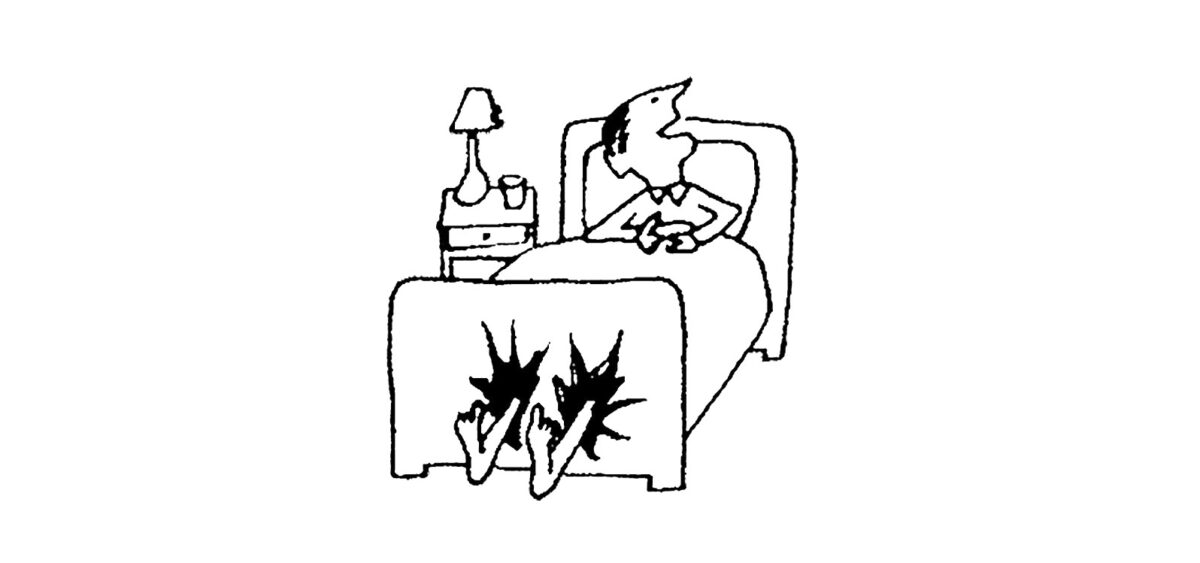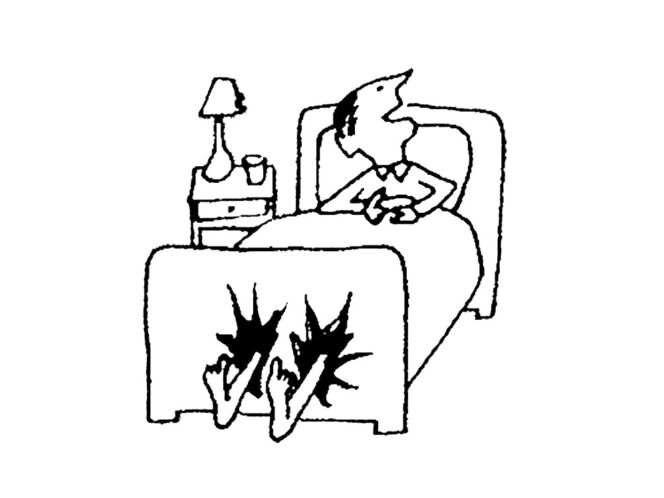
The well-tempered powers of music are age-old. Whether elegiac in its pathos or buoyantly uplifting, music has always been a euphonic tonic for the body and the soul. From Apollo to Florence Nightingale to the Nordoff-Robbins school of thought, music-as-therapy has a time-hallowed timbre. Music’s remarkable link to our emotions and the mind, to our synapses and somatic signals, makes it a natural remedial instrument. As a modern practice, however, music therapy can be understood as a goal-oriented psychological clinical intervention that can involve making, listening, discussing, and, in general, engaging with music. In its active form, it includes playing instruments or wider forms of music-making; receptive music therapy involves a client listening and responding to music to alter mental states and bodily chemistry. Using the innate mood-influencing qualities of music, its therapeutic methodologies can help with improving emotional expression, and it has empirically proven physical and mental benefits. Under the right conditions, music therapy can improve heart rate and stimulate the brain, mute anxiety, address mental health conditions, and silence stress.
Music has been used in the treatment of range of neurological conditions, including dementia. Globally, around fifty million people suffer with its deteriorating effects on memory, cognition, and emotional and social behaviour. In 2020, an interdisciplinary research team at the University of Castilla-La Mancha conducted a review into the therapeutic efficacy of music in the treatment of dementia. Promising results in the meta-analysis allowed them to conclude that passive music therapy improved the quality of life of people suffering with the syndrome by improving patients’ emotional well-being and cognitive functions. Combined with pharmacological and other psychosocial therapies, the positive neurological effects of listening to music allowed the Spanish research team to suggest that “music could be a powerful treatment strategy” for dementia.
While music itself can be therapeutic, there is a difference between simply self-directedly listening to music to lessen the pain of the world and clinical music therapy at large. The latter is a research-based scientific discipline administered by credentialed therapists and psychological specialists who develop medical relationships through evidence-based practice. Not to say that “self-medicating”








